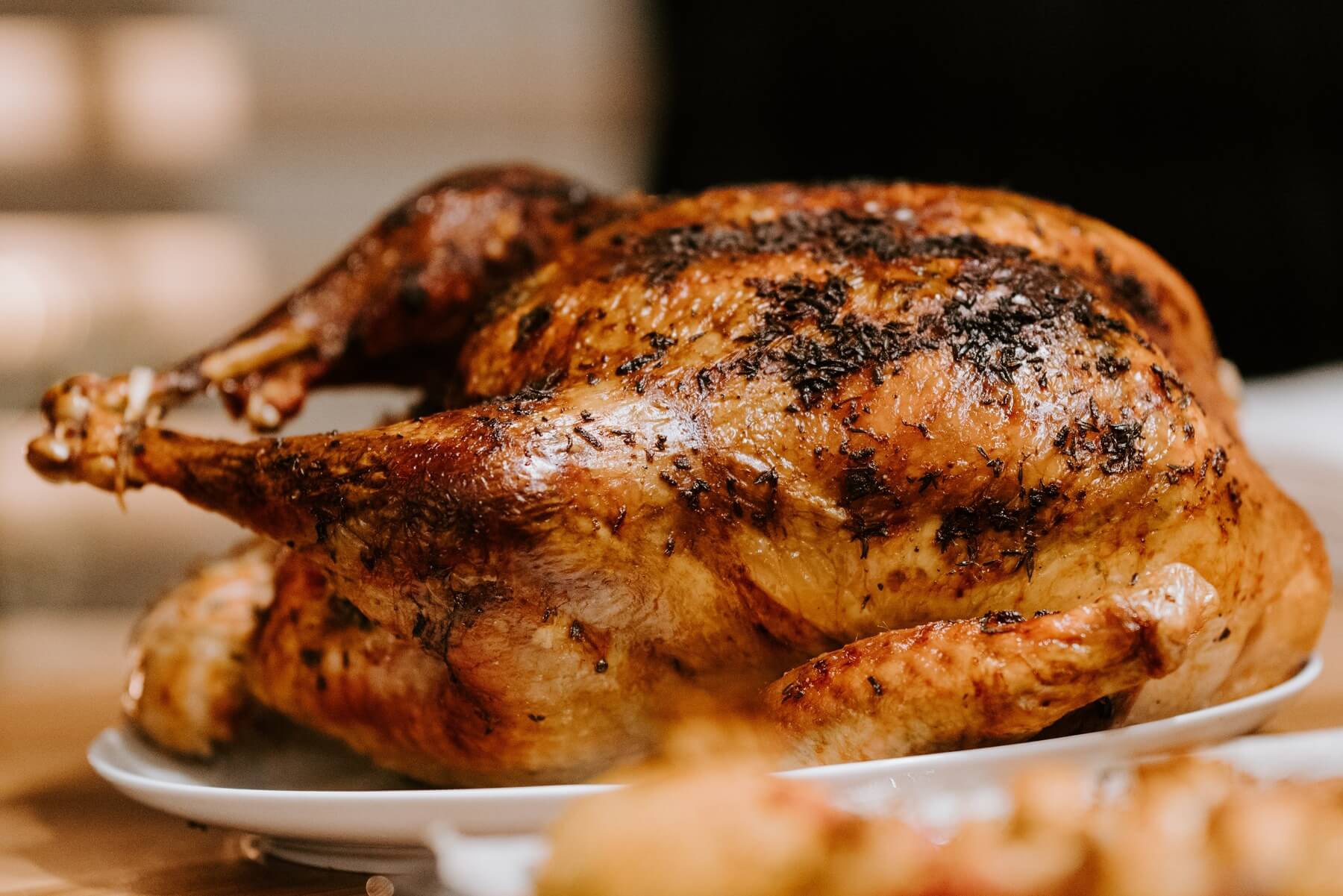Thanksgiving Turkey Frying Accidents: Do You Have a Claim?

Thanksgiving is one of the highlights of the year for a lot of people. What could be better than gathering with family and friends to relax, enjoy each other’s company, watch sports on TV and eat great food? Unfortunately, Thanksgiving get-togethers can sometimes lead to accidents and injuries. Let’s talk about one particular type: deep-fried turkey accidents.
What is deep-fried turkey?
This unique turkey preparation method originated in Louisiana, and quickly gained popularity after an article about the delicacy appeared in the New Orleans Times Picayune in the 1980s. It involves lowering an entire turkey into a turkey fryer (basically a tall pot full of boiling oil, heated by a propane tank) and letting it sit in the oil until it’s fully cooked through. Fried turkey takes less time to prepare than oven-baked turkey, and fans of the dish swear that the finished product is crispier and juicier.
Of course, if you think that frying a large hunk of meat in a vat of oil over an open flame sounds potentially hazardous, you’re not wrong. According to the National Fire Protection Agency, turkey fryers account for over 1,000 fires every year, causing dozens of injuries and even some fatalities – not to mention over $15 million in property damage. And the vast majority of these fryer accidents take place on or around Thanksgiving.
So should I forget about deep-frying a turkey this Thanksgiving?
Not necessarily. If you are careful and follow some very specific safety guidelines, you can greatly reduce your risk of accidents and injury when deep-frying a turkey. (A word of advice before you start, too – you may want to double-check your home insurance policy to make sure that turkey fryer-related damage is covered.)
Here are some of those guidelines:
- Make sure your turkey is COMPLETELY thawed before deep-frying it. Frozen turkeys contain water, which does not react well when combined with burning oil. Depending on how large your turkey is, it might take you a couple of days to thaw it – so build that time into your schedule. Once it’s thawed, go over the surface of the turkey with a paper towel to soak up any residual moisture.
- Never use a turkey fryer inside. Set up the fryer outdoors on a level surface, away from trees and at least 10 feet away from your house or any other structure. Don’t use the fryer if it’s raining or snowing outside (see above re: oil and water).
- Use a newer turkey fryer. Generally speaking, the newer the model, the safer the fryer. (This is true for a lot of appliances.) Choose a fryer with a leak-proof lid, which can help prevent oil spills. Make sure your propane tank is clean and leak-free, too.
- Don’t use too much oil – and don’t overheat it. Pour in just enough oil to cover the turkey completely; any more than that and you risk a spill. Keep an eye on oil temperature, too. Most turkey fryers come with a thermometer; the optimal frying temperature is 350 degrees.
- Wear grill gloves (and a pair of goggles, if possible). No matter how careful you are when lowering the turkey into the vat (and raising it back up again), there is a chance the oil might splatter. Get yourself some proper grill gloves and consider wearing goggles to protect your eyes.
- Keep kids and pets clear. The turkey frying process might be exciting to little ones and furry friends, but it’s not safe for them to get too close to the action. Make sure they keep a good distance from the fryer.
- Call 911 if a fire breaks out. Oil fires are notoriously difficult to contain. In the event of an accident, call emergency services right away. Don’t try to put out the fire yourself (unless you have a fire extinguisher that’s specifically intended for oil fires – and even then, you should still call 911).
- Consider using an electric fryer. While results may differ somewhat, oil-free electric fryers can still produce a crisp, tasty turkey. And they are safer than their oil-and-propane-tank counterparts. (You’re unlikely to find ones quite as big as the 30-quart oil fryers, though.)
Do I have a claim if I’m injured while deep-frying a turkey?
It depends. In order to have a valid personal injury claim, you’ll have to demonstrate that you were not at fault in your turkey fryer accident. Remember, too, that Maryland is a contributory negligence state, which means that you can’t be compensated at all if you’re found to be even 1% responsible for your injuries.
Having said that, you may have a case if you are able to prove the following three things:
- You used the turkey fryer correctly and according to manufacturing instructions. In other words, you didn’t ignore any potential safety hazards like frying indoors, placing the fryer on an uneven surface, adding too much oil, heating the oil to a higher than recommended temperature or frying an un-thawed turkey.
- The turkey fryer was defective, and those defects were the cause of the accident. It’s not enough to prove that the appliance you used did not function as intended. You must also prove that you were injured, or your property was damaged, as a direct result of those defects.
- You sustained injuries or property damage because of the accident. As with any personal injury claim, you’ll need to prove that you sustained quantifiable injuries (physical or emotional) because of your accident. That means medical records, notes from your doctor, photos of home damage and so on.
All of this can seem a little daunting, which is why your best bet is to get in touch with an experienced lawyer. They can talk you through the specifics and help you determine the best strategy for getting the compensation you deserve.
If you are injured using a turkey fryer and you think you have a right to a claim, contact the Law Offices of Nicholas Parr in Baltimore, MD today to schedule your free consultation. We don’t receive a fee unless we win.


